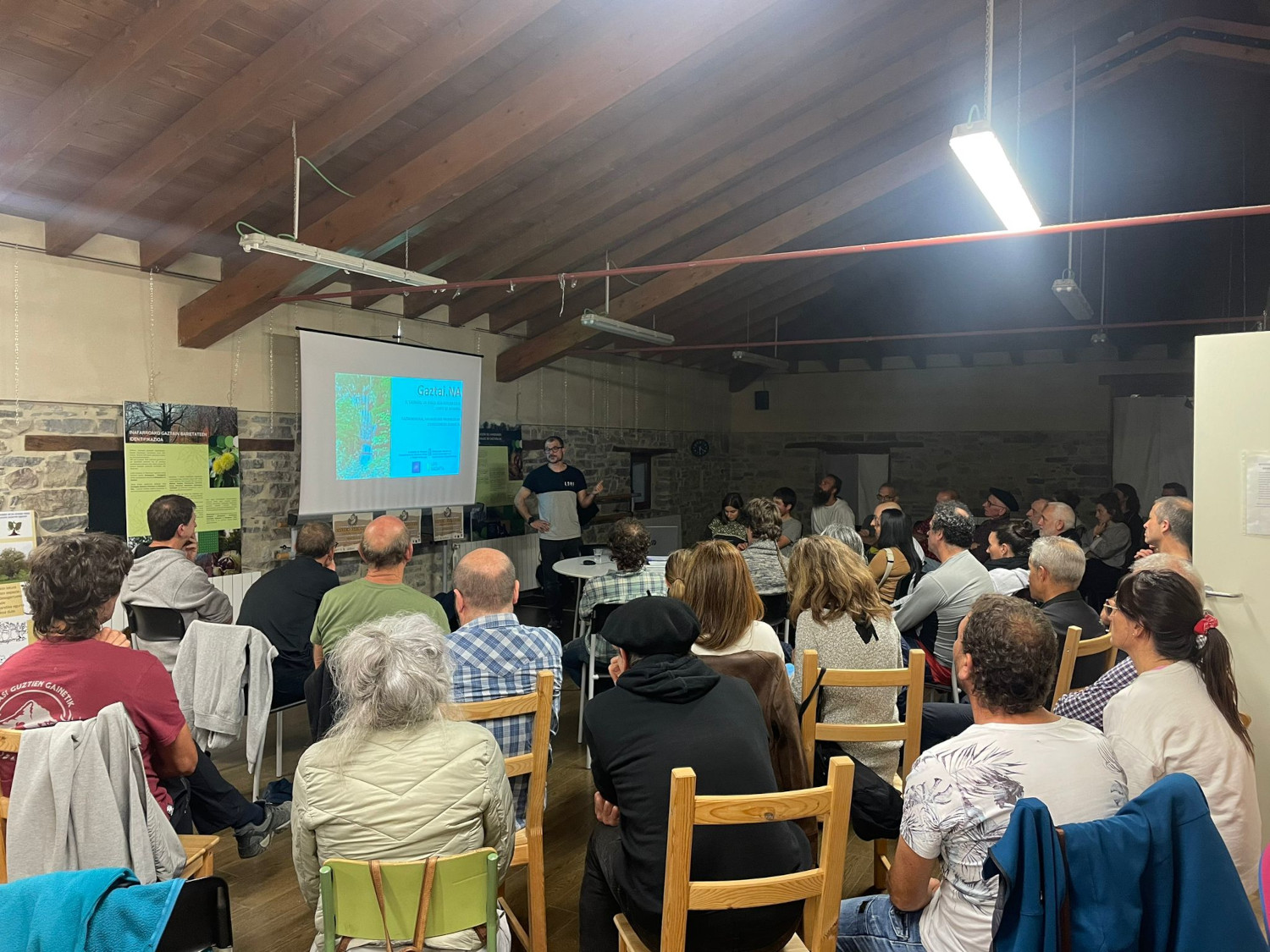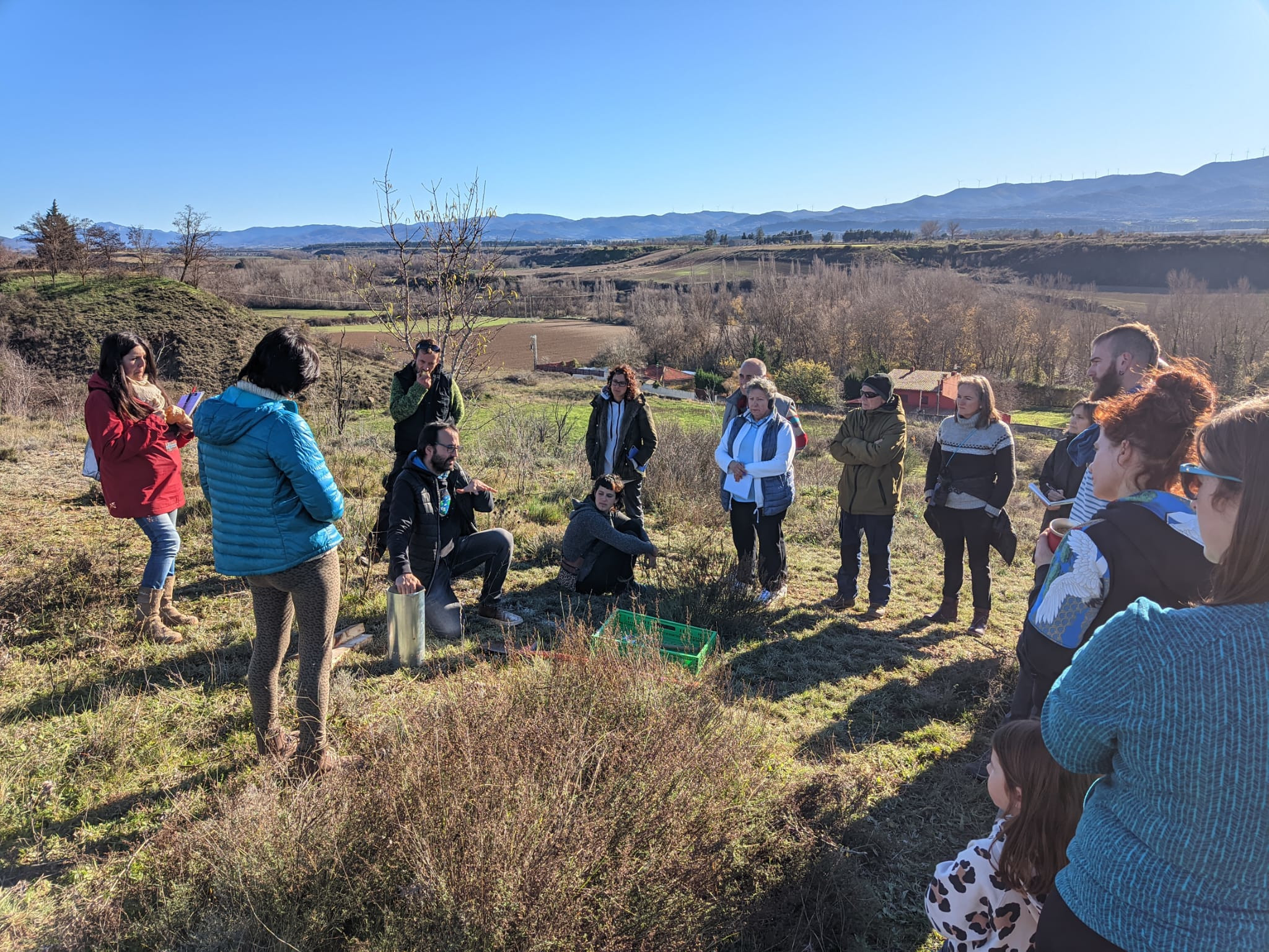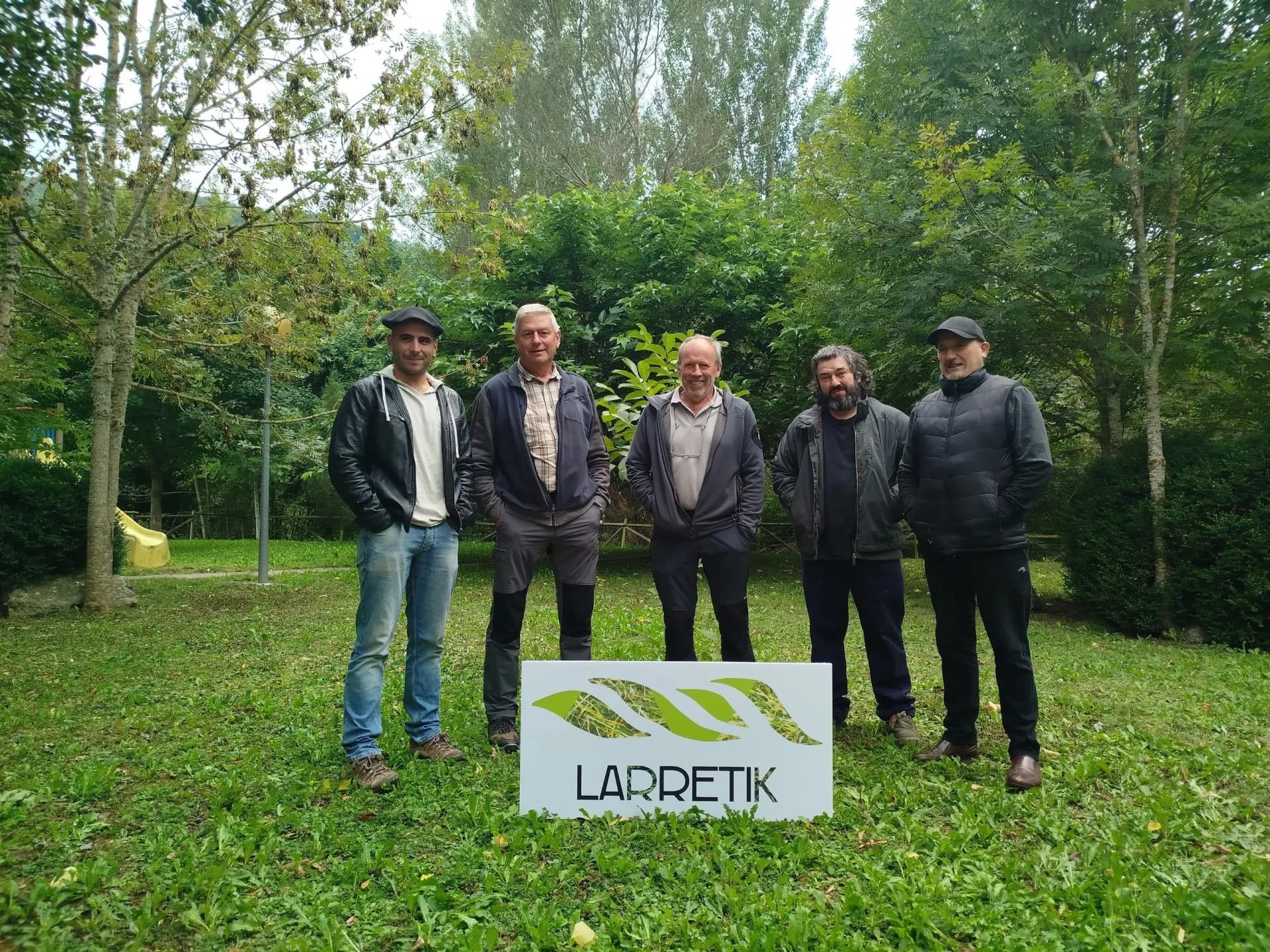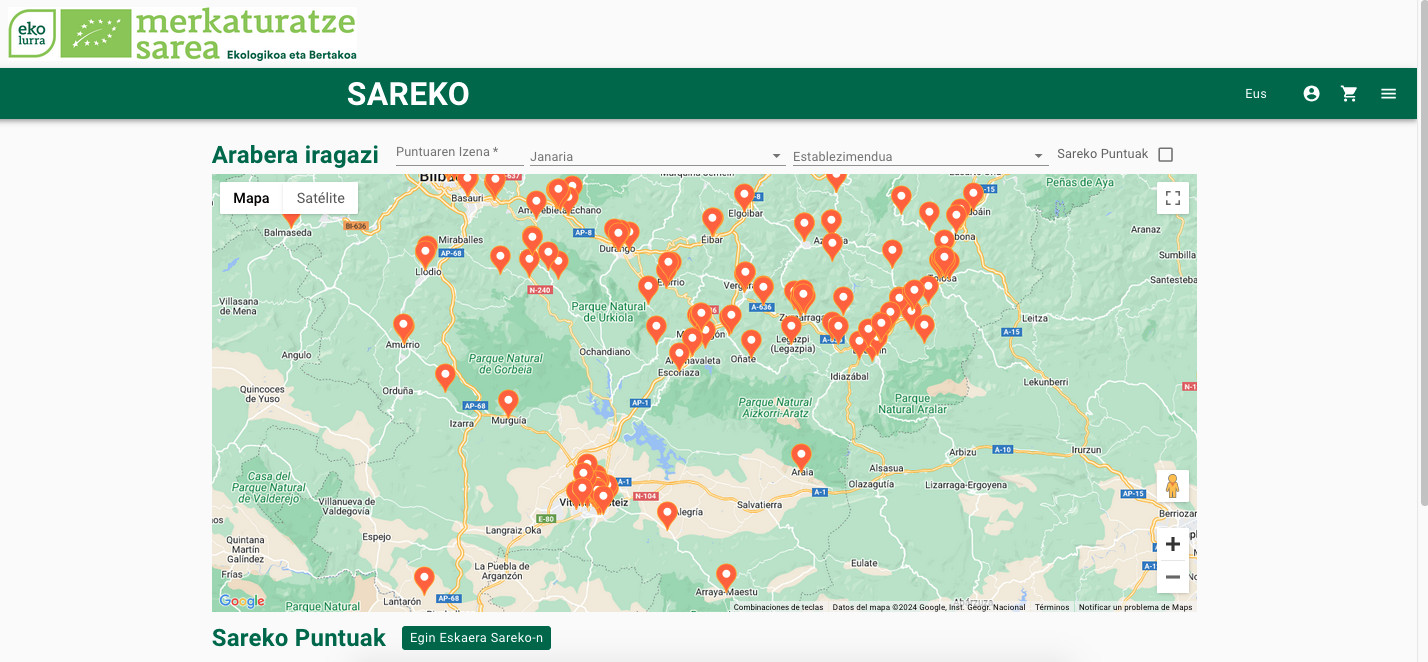Is this the crisis of the rerebook or the whole feeding system?
- On 14 and 17 December, the University of the Basque Country held agricultural relay workshops with the FIT4FOOD2030 project and the collaboration of the Openbide and Bizilur associations. The difficulties of incorporating young people, the lack of attractiveness of the sector, the obstacles to access to land… there are many reasons behind the lack of relief and the ageing of the sector. The objective of the conference was to break them down and explain the challenges to guarantee the agricultural relief, or at least to provide clues. In this article we collect a fragment of the intervention of Zoe Brent. The Transnational Institute (CIM) Economic Justice investigator is engaged in food, land and water policy research.

In Europe, the generational shift is directly influenced by the Common Agricultural Policy (CAP), known as the CAP. “In 1959 this European policy began with the aim of protecting the primary sector, promoting production and fighting hunger, but in all these years it has changed a lot,” said researcher Brent in the introduction. Specifically, in order to understand the influence of the CAP on the agricultural supply, it highlighted three key moments in its development: 1992, when they began to take steps towards the liberalization of markets and prices; 1999, when a new perspective of rural development was incorporated beyond the primary sector – funding tourism and other sectors; and 2003, when the “decoupling” reform was carried out.
The latter reform has had a direct impact on access to land, which today has become one of the main problems, according to Brent: “Until then, subsidies from the CAP were related to production, but at that time this changed and started to be associated with hectares.” In other words, farmers began to receive aid on the basis of the quantity of land, which makes it very difficult to rent and transfer land. This reform led to an increase in the concentration of large areas of land throughout Europe.
Lack of relief, symptom of evil
Brent sees generational relief as a small part of an entire food system in crisis. “We have to place the relief crisis within a system of production and relationships that does not protect the installation of new generations of baserritars. The current food system has a direct impact on relations between producers and consumers, on people’s health and on the working environment. It is increasingly dependent on large-scale productions and is based on the precarious or semi-enslaved workforce.”
To guarantee the relay and have a fairer feeding system, the researcher considers it essential to take steps towards another productive model. “But this will require many changes in the relations between the sector and the institutions,” he added.






















